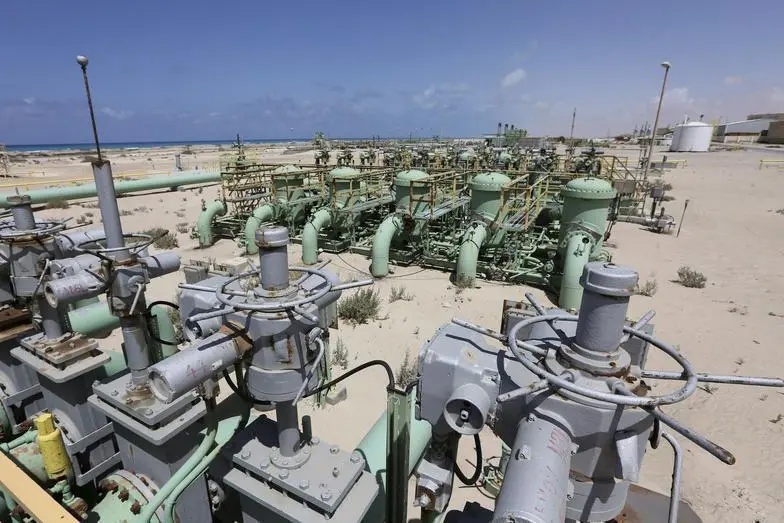PHOTO
Oil prices slipped slightly on Tuesday after rebounding more than 7% over the previous three sessions on supply concerns prompted by fears of widening Middle East conflict and a potential shutdown of most of Libya's oil fields.
Brent crude futures were down 36 cents, or 0.4%, at $81.07 a barrel by 1130 GMT. U.S. West Texas Intermediate crude futures dropped 40 cents, or 0.5%, to $77.02.
After the jump in oil prices on the back of geopolitical risk in the Middle East and a production halt in Libya, market participants are now holding back to assess further developments, said IG market strategist Yeap Jun Rong.
The 7% rise in Brent and 7.6% rise in WTI in the previous three sessions bucked a broader downtrend since hitting its 2024 peak of $91.17 in April. The downturn was driven by concern over global crude demand, particularly from China and through the summer, which is typically a peak demand period.
In Libya, the El Feel oilfield halted output, engineers told Reuters on Tuesday. On Monday, authorities in the country's east, where most of its oilfields lie, threatened to close them all, halting production and exports, after a flare-up in tensions over leadership of the country's central bank. Those fields are responsible for almost all the country's 1.17 million barrels per day of crude output.
There was no confirmation from the internationally recognised government in Tripoli or from National Oil Corp (NOC), which controls the country's oil resources.
Oil has also been supported by escalation in conflict between Israel and Iran-backed Hezbollah, with a major exchange of missiles after the killing of a senior Hezbollah commander last month.
"Markets remain on edge as skirmishes between Israel and Hezbollah intensify," ANZ analysts said in a note.
A top U.S. general said on Monday that the danger of a broader war had eased somewhat but that an Iran strike on Israel remained a risk.
(Reporting by Paul Carsten in London, Colleen Howe in Beijing and Emily Chow in Singapore Editing by David Goodman)





















